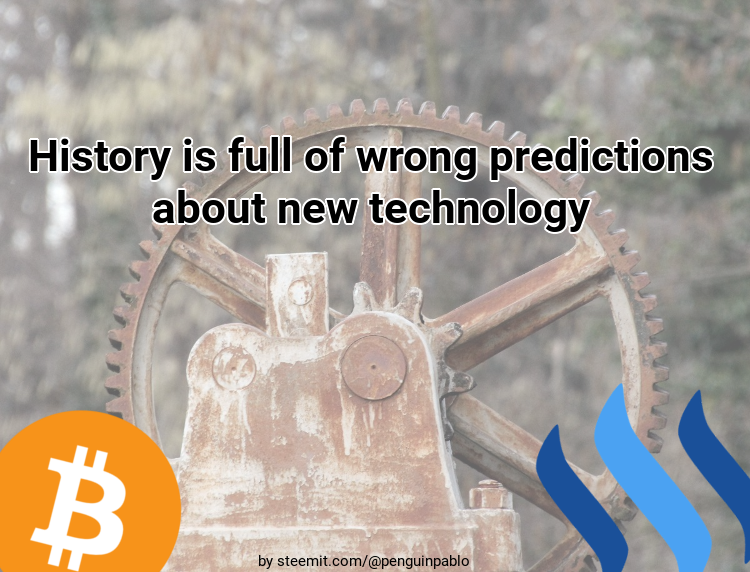OIL DIVIDES: REBUILDING PEACE IN THE NIGER DELTA
 |
| Niger delta |
Despite the Nigerian State gaining its independence in 1960, its people have still fallen victim to the ‘divide and rule’ tactics associated with the colonial era. The earlier part of the 20th century saw Britain’s Royal Niger Company use the system of ‘indirect rule’, alongside military suppression to control and capitalise the profitable Palm Oil trade.
The global consciousness has since denounced imperial practice, preferring the ideals of freedom and democracy. However, while governments are still (to some degree) held accountable by their populations and their commitment to human rights; multinational corporations are not.
Oil companies operating in the Niger Delta seem to operate their own tacit ‘divide and rule’ strategy to ensure their short term cash flow is not hindered by the hostility of Delta militants. Oil extractors have made generous payments to appease local antagonism where their pipelines pervade. Cash handouts to those with the greatest propensity for violence, have fuelled community tensions and heightened instability in Rumuekpe.
Our global preference for human rights have failed to protect the community members of Rumuekpe Community, in Rivers State, Niger Delta. 100,000 barrels of oil flow through the community on a daily basis.[1] Instead of oil companies investing in the community in return for their resources, cash handouts to the few were used to deter sabotage attempts. The wider community received nothing in return for their oil, generating bitterness and desperation.
“The violent conflict came as a result of a leadership tussle between two members of the youth federation. A second factor is environmental conflict which was caused by SPDC with its divisive policies. All these factors were exacerbated by the clamor of few members of the community for the profits from the oil resources we had in Rumuekpe.” –Anonymous Village Elder, Rumuekpe
After a destructive period of bloody conflict in Rumuekpe from 2005-2008, which left many dead and hundreds displaced, there was an alarming need to rebuild the community; homes and mindsets.
“I escaped from the danger but they managed to destroy my house. This other one is the one am trying to erect, but I have no money. At night, I can sleep under that car. I am a farmer. Some of my brothers were killed. One was a barrister and the other a renowned businessman. My father was beheaded.” –Nwakwamma, Rumuekpe
SDN’s engagement with community members highlighted the brutality of the conflict witnessed and lived-through. SDN listened to the stories of community leaders as well as marginalised groups in order to integrate all viewpoints towards building peace. SDN facilitated healing, mediation and reconciliation sessions for the community.
Although some recoiled at the idea of contributing to the dialogue, several participants exhibited great satisfaction with the work of SDN and expressed a strong desire to continue the cooperation.
“I escaped from the danger but they managed to destroy my house. This other one is the one am trying to erect, but I have no money. At night, I can sleep under that car. I am a farmer. Some of my brothers were killed. One was a barrister and the other a renowned businessman. My father was beheaded.” –Nwakwamma, Rumuekpe
SDN’s engagement with community members highlighted the brutality of the conflict witnessed and lived-through. SDN listened to the stories of community leaders as well as marginalised groups in order to integrate all viewpoints towards building peace. SDN facilitated healing, mediation and reconciliation sessions for the community.
Although some recoiled at the idea of contributing to the dialogue, several participants exhibited great satisfaction with the work of SDN and expressed a strong desire to continue the cooperation.
Sourced- Stakeholderdemocracy



Comments
Post a Comment